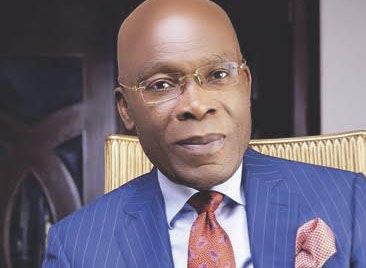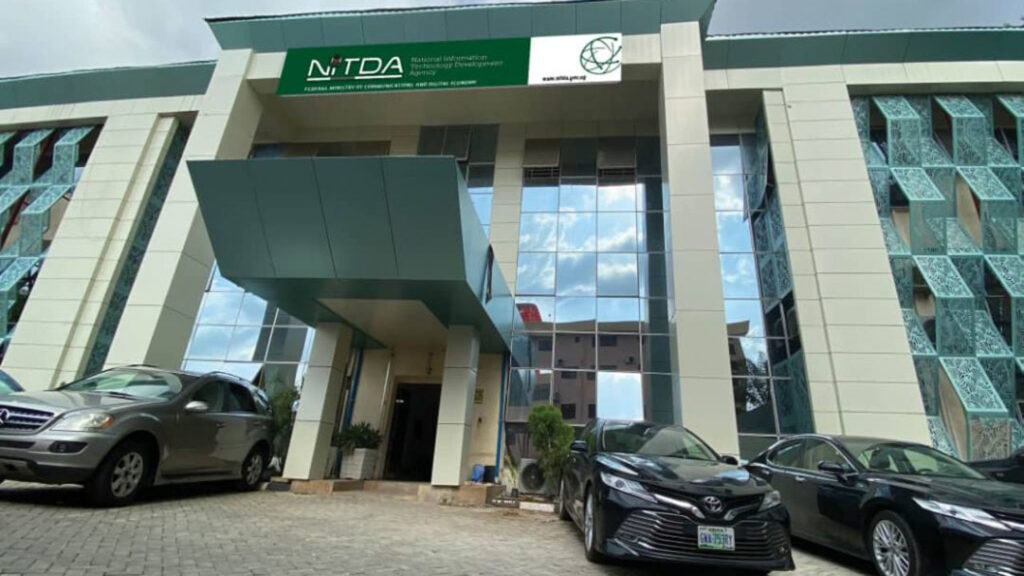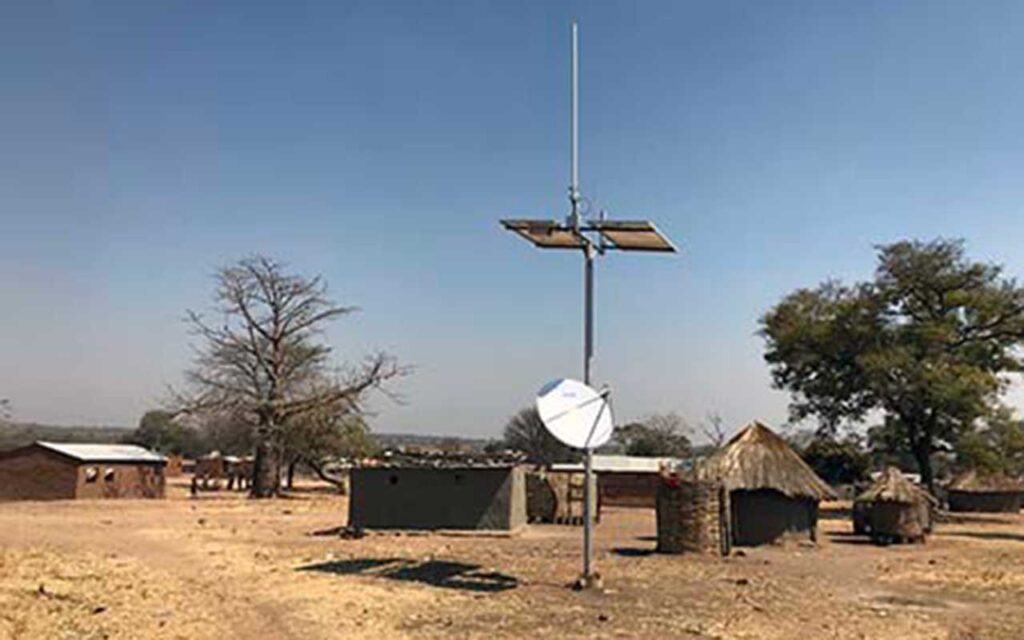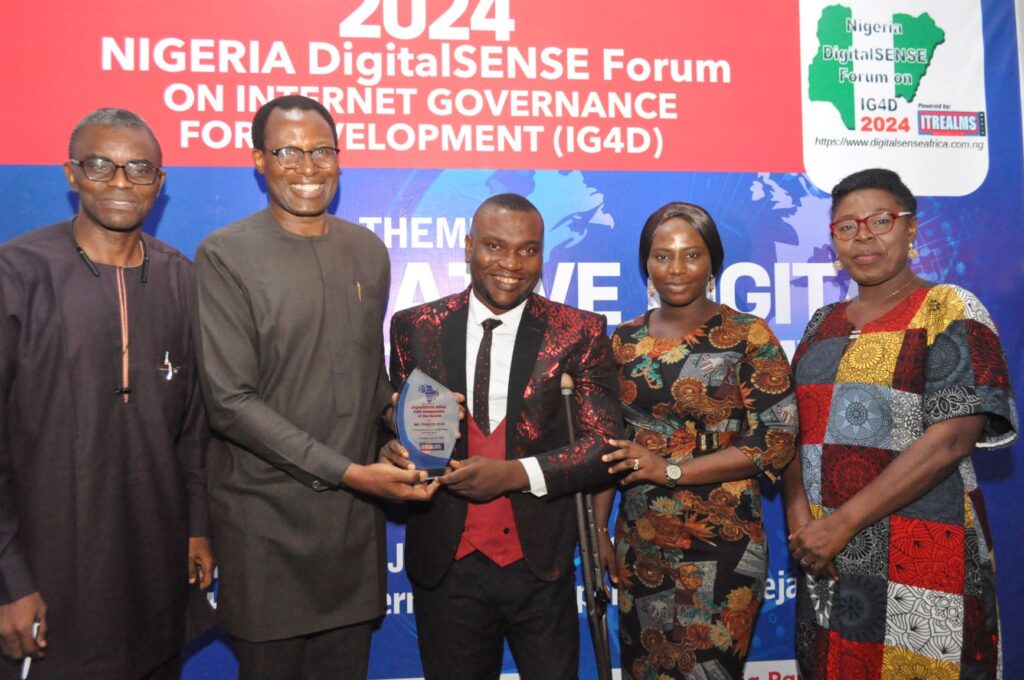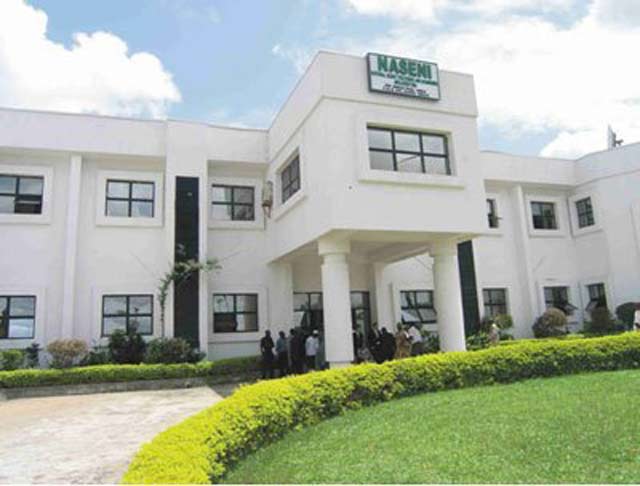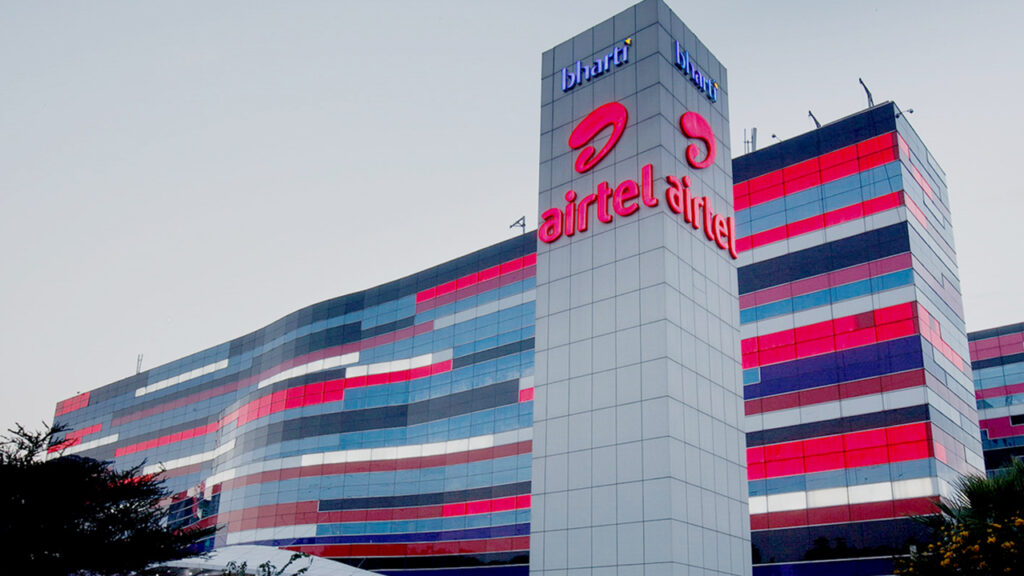
Digital entrepreneur, Leo Stan Ekeh, has highlighted major reasons why multinationals are exiting Nigeria and warned that if nothing is done, more of such businesses and indigenous ones will close shop in the coming months and years.
Ekeh, who is the Chairman of Zinox Technologies Limited, a Nigerian conglomerate with international affiliations, urged President Bola Tinubu to address the critical issues of corporate blackmail and bullying, which he said frustrate the Federal Government’s effort at promoting ease of doing business in the country.
While acknowledging that scarcity of forex is a challenge for businesses operating in Nigeria, he said these challenges can be surmounted especially with the new push by the Tinubu government to inject more forex into the system.
He stated that the depreciation of the naira, which dropped from N460 /$ in June 2023 to N951.94/$ in December 2023 at the official window, following the floating of the naira by the Central Bank of Nigeria (CBN), is only a convenient reason cited by the exiting multinationals.
“On face value, some of the exiting multinationals cite difficulty in procuring forex as a reason for closing shop in Nigeria, but they are only being diplomatic. Many of them have had to contend with all manner of blackmail and corporate bullying from professional blackmailers aided by our slow judicial process.
“This has become an emerging but very destructive business model in our country, and unfortunately, the legal system is handicapped to protect the victims because of the long years it takes to discharge a case,” he said.
According to Ekeh, the escalation of corporate blackmail over the years is responsible for the low attraction of foreign direct investments (FDI) relative to the size of Nigeria’s market and potential.
Referencing an open letter he addressed to President Tinubu, Ekeh cited an issue of blackmail against his Company, TD Africa and himself, as a case study of how much frustration investors suffer for doing business in Nigeria. He said that the matter had been investigated by several constituted agencies and was found to be false.
Consequently, the IGP charged the blackmailer to court for giving false information in 2016, but for over eight years Mr. Joseph has not been able to defend a one-count charge for false information instituted at the FCT High Court Abuja for a case he reported. Mr. Joseph has been skipping court sessions or feigning ill health rather than appearing in court to defend himself and prove his claim of fraud after the prosecution closed its case. He rather appeals to successive Attorney Generals to withdraw the case from court, knowing that his claims and allegations are not true.
Ekeh urged the President to prevail on the Attorney-General, Lateef Fagbemi, and any other person/institution not to truncate the course of justice but to allow this case and similar cases to run their full course in the interest of justice, fairness and to convince the international community, including international investors, that we respect and abide by the rule of law in Nigeria.
While expressing confidence in the President to address the issue of blackmail, he suggested that Tinubu should aggressively pursue a policy that promotes patronage of indigenous manufacturers and service providers as a way of reflating the economy.
He gave the example of the government of India, which recently imposed restrictions on the importation of laptops, tablets, all-in-one personal computers and ultra-small computers and servers with immediate effect. This, according to him, was to boost local productivity both by multinationals operating in India and indigenous Indian companies to create more jobs, encourage proficiency and discourage capital flight.

